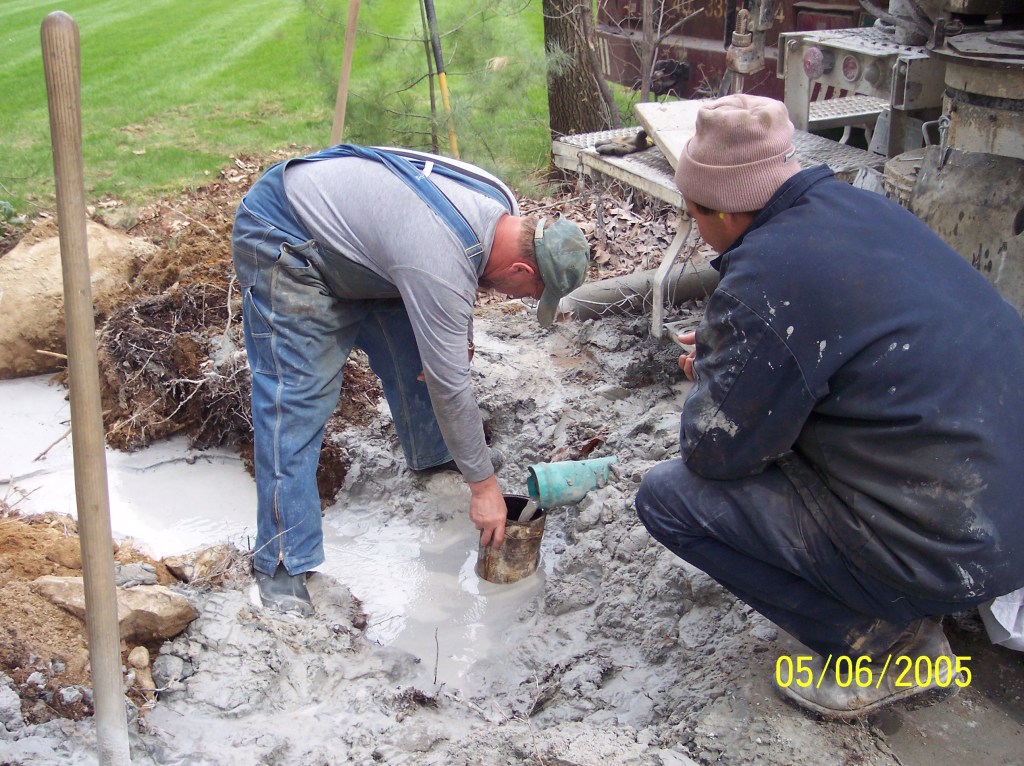“Your First Choice for All Your Water Well Installation Services, Project Management, Technical Service, Planning & More…”
STORE LOCATION: 2297 Main St, Tewksbury, MA 01876
PH: 978-640-6900
SUCCESSFULLY DRILLING A WATER WELL
There are many inherent unknowns with wells that lead to a greater financial risk and therefore a dire need for precise project management.
Property managers and community associations know how important it is to have good communication and coordination between contractors on any project. With water wells it is even more critical. A well drilling project involves a well driller, a pump installer, an irrigation contractor, a landscaper, an electrician and a plumber. There are also many inherent unknowns with wells which lead to a greater financial risk and therefore a dire need for precise project management. Without an experienced project manager, someone who knows the process of well drilling and the important steps that need to be taken, having a well installed can be a challenging and frustrating experience for many. Many community associations that drilled wells years ago are still dealing with issues that were not properly addressed when the wells were installed. Before the drilling can begin there are many issues that need to be discussed and questions that need to be asked. For example, the projected (and actual) costs for a completed well system to provide water for a condominium’s irrigation needs (including plumbing, electrical tie-ins and re-landscaping) could vary from as little as $5,000 to more than $50,000 for the same project. The total cost depends on the type of well(s), the system design, and of course the results of the drilling. Many budgets have been blown on well drilling projects because careful attention was not paid to these and other issues.
Which type of well do you need? The real question is not which type is needed, but rather which type is feasible based on the geological conditions of the site on which the well is to be installed. There are two types of wells. Shallow wells, (dug well, gravel well, point well), extract groundwater from coarse sands and gravel layers just below the ground surface. Artesian wells, (bedrock wells, drilled wells), extract groundwater from naturally occurring fractures in the bedrock that exist hundreds of feet below the ground surface.
Under the right conditions a shallow well may produce better results with much less initial cost and downside risk than an artesian well Unfortunately, the majority of well drilling contractors do not install this type of well and they are often overlooked. A visual site inspection by a trained eye or some soil testing may be all it takes to determine if a shallow well is feasible. If a shallow well is ruled out, an artesian well may then be considered. Artesian wells are generally feasible providing the drill rig can safely access the property.
It is during the design phase that many important questions need to be asked. It is also where communication with the irrigation contractor/designer is absolutely essential. Answers to the following questions and more will be the basis of the preliminary design of the well and pump system, and the basis for the estimates from the various contractors. Later, after the drilling begins, other issues will make it necessary to review and possibly alter the design. Also note that a change required by one contractor may have a ripple effect and cause unexpected changes elsewhere in the project’s design and ultimate cost. This needs to be considered before making any final decisions.
Questions include, but are not limited to, what is the pressure and gallons per minute on the current system? If there is no irrigation system, is one planned? How much water is needed per day? How much per week? How many hours per day are available for watering? Will a tank be part of the design? Will a tank serve its intended purpose without compromising the life of the pump. Will it require winterizing? What is the warranty on the pump system? Will there be any other uses for the well? Is there a pool? Will there be spigots for association members for washing cars, etc? Is there any possibility of future expansion of irrigation system? Who will handle the permitting, water testing, and any filtration that may be required? Should the added cost of a filtration system need to be considered? What measures can be taken during the design and installation of the well to minimize the need for one? What are the electrical requirements? What plumbing is needed? How much mess can be expected from the drilling process and how can it be managed?
Good project planning, communication and management can save community associations, property managers and contractors valuable time, frustration and usually a lot of money over the entire project. It will uncover potential problems that are much easier to address before the work begins.
An effective project manager should work directly with the property managers and contractors to streamline the process, assure that each contractor is getting the information that he/she needs and assure they are doing the best for the association. This person can address important issues, bring clarity to the whole mystery surrounding wells and best use the water that is available. This will help the whole process run much smoother with fewer unexpected problems and will enable community associations to take full advantage of the benefits of water wells.

